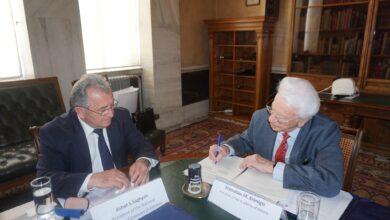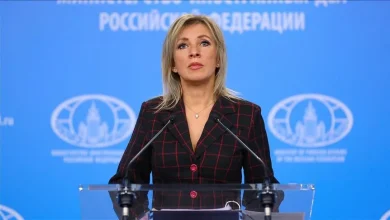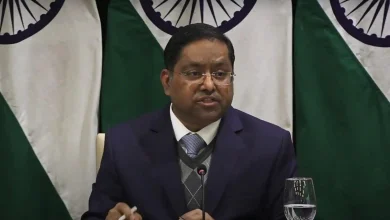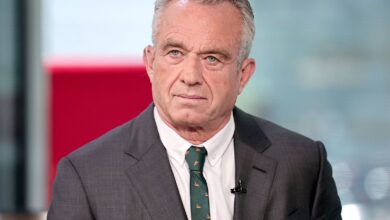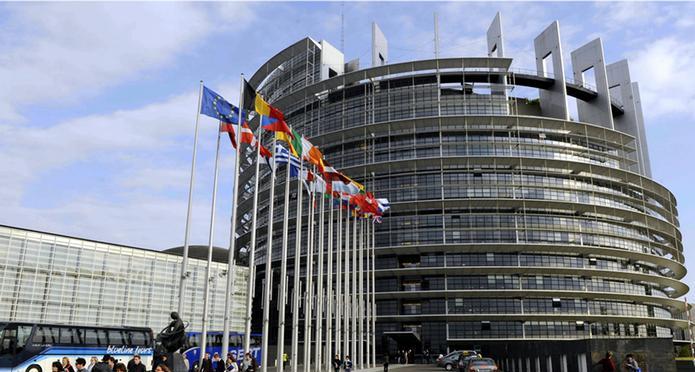
Members of the EU Foreign Affairs Committee gave their consent to the EU-Armenia comprehensive and enhanced partnership agreement on Wednesday, opening up the possibility for deeper cooperation in different sectors.
The negotiations on the new EU-Armenia partnership agreement were launched in 2015 and concluded in 2017. It was then signed by both sides in November 2017. The final agreement marks a deeper EU-Armenia political dialogue, broadens the scope of economic cooperation and provides new opportunities for closer ties on energy, transport, infrastructure, environment, trade, education and other sectors.
MEPs backed the deal by 55 votes to 2 with 7 abstentions.
Domestic reforms
The new partnership agreement is not the end point in terms of EU-Armenia cooperation, but a tool to promote domestic reforms and their implementation, says a separate resolution, drafted by EP’s rapporteur László TŐKÉS (EPP, HU) and adopted with 63 votes to 2 and 1 abstention. MEPs call on Armenia to make significant progress as regards media freedom, the independence of judiciary, fight against corruption, money laundering, tax evasion and abusive oligarchic control. They remind that the backsliding on EU values, such as democracy, the rule of law or human rights, could trigger the suspension of the agreement, however.
Peaceful transition of power
Foreign affairs MEPs applaud the citizens of Armenia on recent peaceful transition of power and welcome the restraint shown by the law enforcement bodies, though some unjustified arrests of peaceful demonstrators rise concerns. They congratulate Nikol Pashinyan on his election as the new Prime Minister of Armenia and look forward to increased cooperation.
Trade
MEPs regret the Agreement cannot include the removal of tariff barriers because of Armenia’s membership of the Eurasian Economic Union. However, they stress that it does not prevent the EU to be the main Armenia’s trading partner and first donor, thus demonstrating that the EU does not hold as a prerequisite for partner to choose deeper relations with the EU at the expense of their relations with third parties.
They also call on the Commission to ensure that EU assistance is not directed in Armenia towards sectors affected by Russian sanctions in the EU.
Nagorno Karabakh
Foreign affairs MEPs urge Armenia and Azerbaijan to increase the pace and output of their negotiations following the 2018 elections in both countries “in order to make history by ending a conflict which can’t be solved military”. They support OSCE Minsk Group Co-Chairs efforts and “all initiatives conducive to peace and to developing good neighbourly relation including high-level talks, a ceasefire monitoring mechanism”, and call on the EEAS and the Commission to increase EU support to programmes allowing for increased contacts between Armenian and Azerbaijani NGOs and youth organisations.
Next steps
The full House will have a final vote on the agreement in Strasbourg in July 2018.


